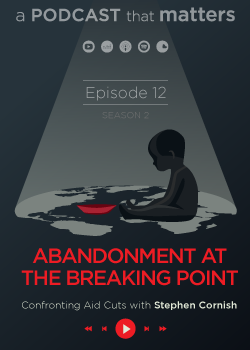Print

Citrus desease Integrated Pest Management: from Research to Market: IPM-4-Citrus
Details
Locations:France, Germany, Italy, Lebanon, Tunisia, Turkey
Start Date:Apr 1, 2017
End Date:Mar 31, 2021
Contract value: EUR 801,000
Sectors: Agriculture, Marketing
Description
Programme(s): H2020-EU.1.3.3. - Stimulating innovation by means of cross-fertilisation of knowledge
Topic(s): MSCA-RISE-2016 - Research and Innovation Staff Exchange
Call for proposal: H2020-MSCA-RISE-2016
Funding Scheme: MSCA-RISE - Marie Skłodowska-Curie Research and Innovation Staff Exchange (RISE)
Grant agreement ID: 734921
Objective
IPM-4-Citrus aims to strengthen collaborations between academic and non-academic partners based in 3 European Member States (FR, GER, IT), 2 Associated Countries (Turkey and Tunisia) and 1 Third Country (Lebanon), in order to develop a new bio-pesticide active against citrus pests and scale it up from lab to market. The project’s research and innovation activities are based on a multidisciplinary approach, which aims at understanding and sensitising stakeholders about the health risk factors related to citrus pests and their treatment by chemical pesticides and developing an alternative Integrated Pest Management (IPM) approach based on biological control. Bacillus thuringiensis (Bt) based bio pesticides occupy almost 97% of the world’s bio pesticide market and their use was estimated to exceed 30,000 tons. Despite this widespread use, the originality of Citrus-IPM is to focus on 2 promising, newly identified strains (Bt kurstaki BLB1 and LIP), which were shown to be more efficient than the commercial (Bt kurstaki HD1). In conjunction with validation through field tests, the project will pave the way for future commercial exploitation of a new biopesticide product by drawing up a feasibility study for future spin-off activities and/or new production lines in partner SMEs. Staff secondments and inter-sector and international mobilities between complementary partners will represent a unique opportunity to optimise bioproduction processes and obtain high added-value bioproducts, while building up the partners’ skills and reinforcing the training of early-stage researchers through knowledge sharing and networking. Inter-sectors mobility will bring SMEs and researchers to work conjointly on conditioning procedures for field tests, impact evaluation and product maturation/exploitation. The project will also adopt a concrete RRI approach by favouring public engagement and informal education through the different outreach activities aimed at a variety of target groups.

